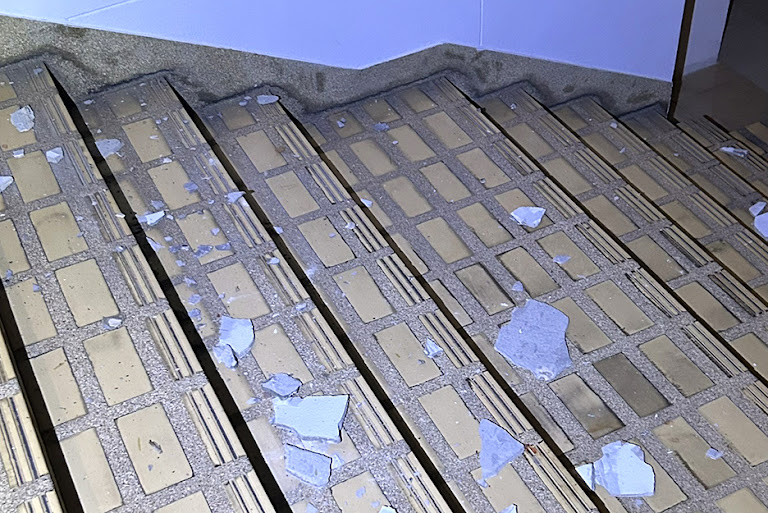Thailand Hotel Deaths Reveal Dark Side of Paradise Tourism
Falls from Phuket hotels and Bangkok condos highlight mental health, urban isolation, and hidden risks for tourists seeking paradise.

Tragedy struck Thailand this week with the news of two separate, but equally devastating, incidents involving foreign nationals. As reported by Khaosod English, “two Asian nationals died in separate high-rise falls,” highlighting a complex intersection of tourism, mental health, and urban density. While superficially distinct, these deaths—a Malaysian tourist in Phuket and an Asian woman in Bangkok—raise uncomfortable questions about the hidden vulnerabilities within the carefully constructed image of Thailand as a safe and welcoming destination.
The incident in Phuket involved a 25-year-old Malaysian tourist, identified as Harris, who, according to initial reports, exhibited “erratic behavior” before falling from his hotel balcony. The Bangkok case presents a different, yet equally unsettling scenario: a 41-year-old Asian woman falling from a condominium building, her husband reportedly found in distress nearby. Both deaths occurred in the early hours of the morning, adding another layer of grim coincidence.
What can we glean from these sparse details? It’s tempting to treat these incidents as isolated tragedies, but to do so would be a disservice. Instead, let’s consider some of the systemic factors that may be at play, acknowledging the limitations of our current knowledge.
- Tourism and Pressure: The promise of paradise can be a double-edged sword. The pressure to enjoy, to relax, to escape, can be immense. Add to that the potential for cultural differences, language barriers, and the disorienting effects of jet lag and disrupted routines, and the experience of tourism can quickly become overwhelming.
- Mental Health Considerations: While it’s crucial to avoid jumping to conclusions, the report of “erratic behavior” in the Phuket case demands we acknowledge the potential role of mental health challenges. Travel can exacerbate existing conditions or trigger new ones. Are there sufficient mental health resources available to tourists in Thailand, and are they easily accessible?
- Urban Density and Anonymity: The Bangkok incident occurred in a high-rise condominium. High-density living, especially in unfamiliar urban environments, can lead to feelings of isolation and anonymity, potentially contributing to mental distress.
The allure of travel often obscures the reality: that vulnerability travels with us. We carry our anxieties, our histories, our very selves into new environments, where the pressures of unfamiliarity can amplify pre-existing conditions and create new points of fracture.
The official response, as it should, involves notifying embassies and initiating standard procedures. But beyond the immediate formalities, these incidents necessitate a broader conversation about the welfare of tourists and residents alike. How can we ensure that Thailand, and other popular travel destinations, are not just visually appealing but also equipped to support the mental and emotional well-being of those who visit and reside there? This isn’t just about individual responsibility; it’s about building systems of care within the tourism infrastructure itself. Addressing this complexity means moving beyond simplistic narratives and confronting the uncomfortable truths that lie beneath the surface of paradise.









